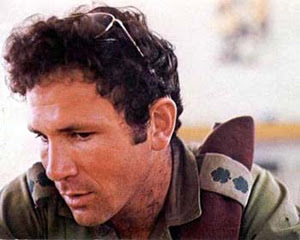. . . "The “security of a free Constitution,” he said, depends on “teaching the people themselves to know and to value their own rights; to discern and provide against invasions of them; to distinguish between oppression and the necessary exercise of lawful authority; . . . to discriminate the spirit of liberty from that of licentiousness,” and to unite “a speedy, but temperate vigilance against encroachments, with an inviolable respect for the laws.”
. . .
. . . "Washington was even more explicit about this, the third of the great Founding ideas: A democratic republic requires a special kind of culture, one that nurtures self-reliance and a love of liberty. Constitutions are all very well, the Founders often observed, but they are only “parchment barriers,” easily breached if demagogues subvert the “spirit and letter” of the document. They can do this dramatically, in one revolutionary putsch, or they can inflict a death by a thousand cuts, gradually persuading citizens that the Constitution doesn’t mean what it says but should be interpreted to mean something different, or even something opposite.". . .





